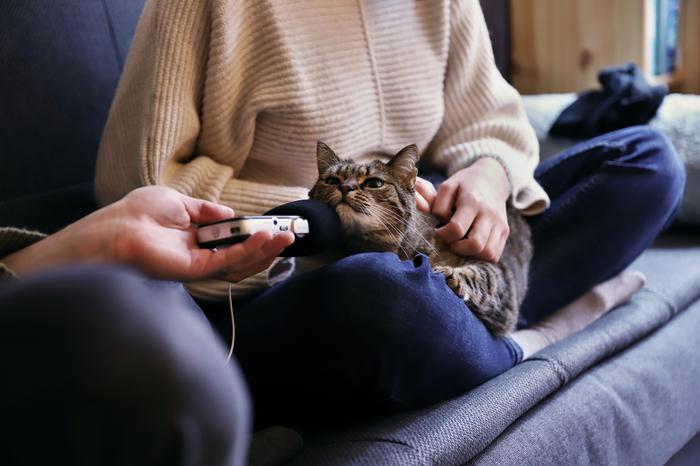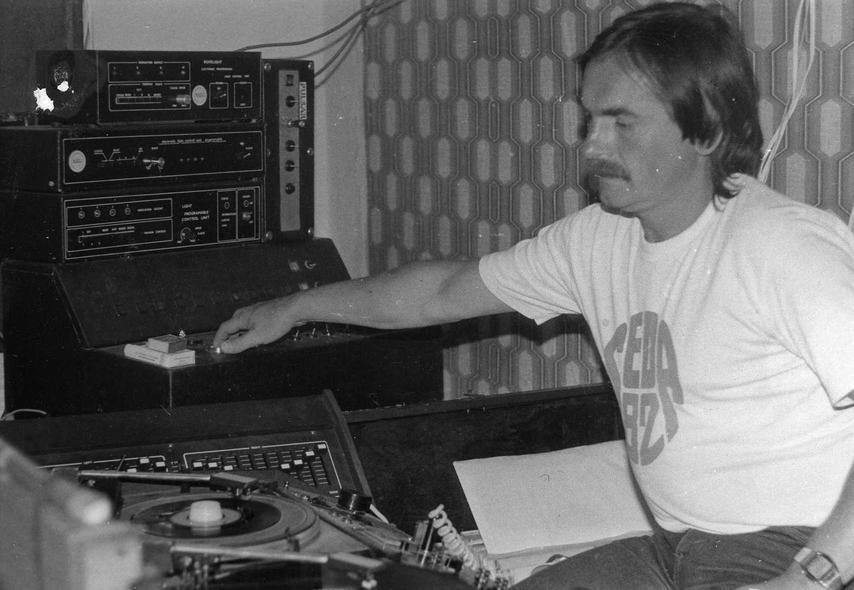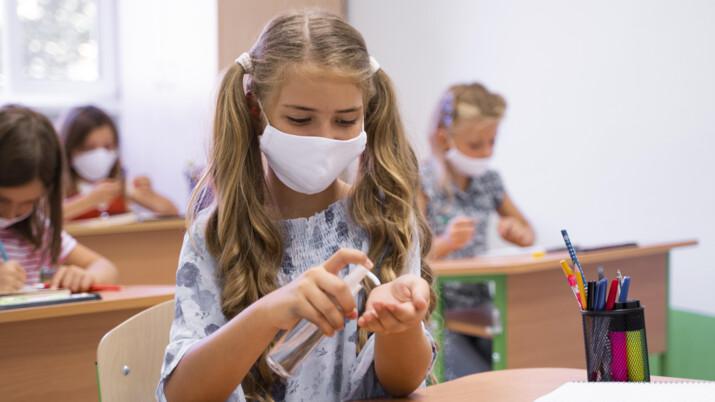
In America, 20 billion disposable diapers are thrown annually.Dyper offers a solution: composting
According to the British organization Women’s Environmental Network (Wen), the ecological track of disposable diapers is twice as far as the cloth diaper trace.However, the comfort of parental care has brought a significant expansion of these diapers whose use is significantly simpler.
The use of traditional fabric diapers is time consuming and rarely can be washed in a specialized laundry.
However, most parents who use just disposable diapers do not realize that these diapers represent a large burden for the environment.Dyper has now come up with a solution that wants to change the behavior of Americans using a prepaid service.
Arizona offers parents a Redyper service on which it works with Terracycle that the diapers used will take away and guarantee their safe composting.
Diapers to send by mail for composting
Customers can send used diapers in special packaging back to a company that will take care of them.Boxes for used diapers even meet UN standards for dangerous goods.
When the box is full, parents can download and print a prepaid shipping label from the Terracycle website and send a box by mail.Diapers then end up in centers for industrial composting.Compost is then used, for example, as a fertilizer for plants lined with American highways.
Dyper promises to supply an environmentally friendly product based on bamboo fibers and which does not contain harmful chemicals as conventional disposable diapers.These often contain substances such as chlorine, latex, perfumes, PVC and other toxic chemicals such as tributelcine or phthalates.
Without toxic print
Unlike conventional diapers, the compostable ones have no color print that could also be toxic.Products without some toxic substances are also available on the market, but in many cases they will end up in the landfill.
Dyper claims that its diapers can be composted even at home if one has a garden and does not grow food on it.But this is unrealistic for most parents, so Dyper offers just a "mail order service".
“We talked to many mothers who wish they can compost diapers.But if they live in a skyscraper in New York, for example.floor, it would be essentially impossible for them, "the manager Taylor Shearer of the Arizona company Dyper explained the meaning of the" purchase "of the diapers used.
Especially simplicity
The new program has been working for nine months.Allows composting all diapers in a way that does not burden the environment, emphasized society.The greatest emphasis on the simplicity of the whole procedure is to lead to as many consumers as possible for this service.
"It must be very comfortable and as close as possible to throwing disposable diapers," realizes Terracycle CEO Tom Szaky.This company specializes in waste recycling, on a small scale operates the recycling program of the Pampers brand in Amsterdam.

Three and a half million tons of used diapers per year
At the nationwide level in the United States is a novelty on the market.Szaky claims that the science recycling program has not yet offered any entity in the United States.A total of 3.5 million tons of diapers used in America.
Composting of Sustainable Dyper diapers can currently be managed in capacity, even if the company has no previous experience with it.However, compost must only be used in areas that do not serve to produce food.
YOU COULD BE INTERESTED IN:
New trend: from offices the fragrance of fresh compost is line
How to deal with climatic need: fewer children, less meat, abolish GDP
Much fuss for waste fees?There may be hundreds of millions of up to billions of crowns in the game
A bad feeling when using disposable diapers
"I felt really bad when I used disposable diapers, how much waste we produced.We also tried cotton diapers.But there is a terrible work with that.The Redyper program solves all these problems, ”said Szaky, the father of two children himself.
Display of diapers per month costs $ 68, Redyper collection comes to another $ 39.This is for many parents in America a price they are willing to accept.
Parents on average count on spending on a disposable diapers of about $ 100 per month.They will end up in non -throated waste.
Three thousand diapers for the first year
A child in the first year of life can consume 2.5 to three thousand diapers.Even for those parents who use the Dyper brand, that is, the demands on logistics sending goods.Therefore, the company committed to offset programs and supports tree planting, Shearer explained.
He cooperates with the Cool Effect non -profit organization.Each customer receives by e-mail certificates that show how much the carbon was "absorbed" by planting new trees.
"The value of the diapers is not calculated on the basis of specific costs.We are not the cheapest or the most expensive.However, we feel that we use safe ingredients for diapers such as bamboo and non -toxic chemicals.In addition, we do not use diapers or boxes.We try to compost as much as possible and get people to do that too.We believe that the price of our diapers corresponds to reality, ”explained the pricing policy of the company Dyper Bruce Miller.
Growth by ten percent per month
Meanwhile, the company uses 15,000 customers, with their number growing by 10 percent every month.
"If we can maintain our service as simple as possible and explain our values to customers that include environmental protection, we rarely get negative feedback on the price," Miller added.
This is the first full -American program to bring the diapers into the sector sustainability and recycling.The company hopes that other manufacturers will also follow its philosophy.
“Diapers are an inevitable thing.And it is also a source of large amounts of waste.Therefore, it is important that parents begin to think about it as a problem that needs to be solved, ”says Szaky.
By supporting companies that behave more responsibly than others, the entire sector will change, added.Therefore, they think that within 20 years there will be a situation where each disposable diaper will be recycled or compost.







